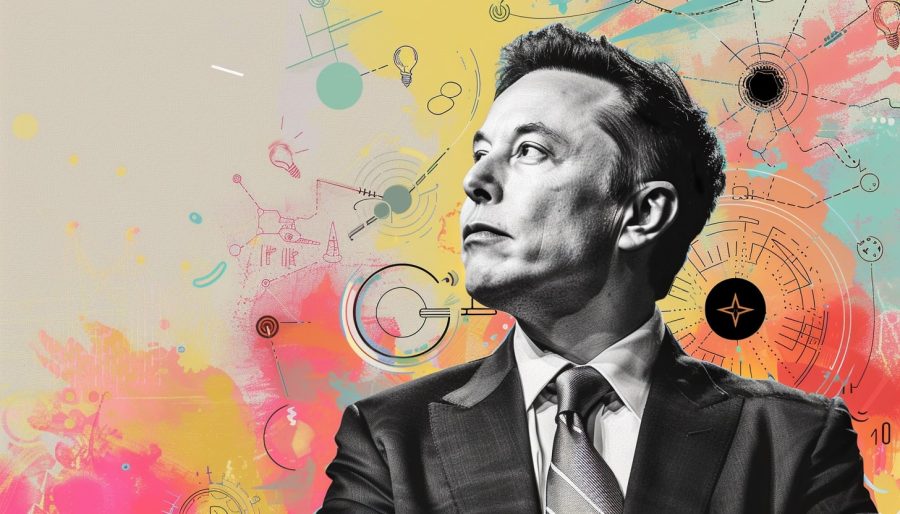Latest News
Call of Duty Black Ops Gulf War – Release date speculation, platforms, Zombies, and everything we know
It is that time again - the next Call of Duty iteration is on its way and we’re heading back to Black Ops. That’s right, after a four-year absence, fans of the Black Ops portion of the ever-popular FPS will be overjoyed, and it will be set in another era yet again. To get you…











































